Shares have surged in the automobile industry after the U.S. agreed a deal to lower tariffs this week with Japan, triggering a sharp rally in Japanese equity markets. It's after President Donald Trump and Japan's lead negotiator Ryosei Akazawa made the agreement on Tuesday (22 July).
The announcement Tuesday evening sent Japan's benchmark Nikkei stock index climbing almost 4% to its highest in a year, led by stocks in automakers with Toyota (7203.T), more than 14% and Honda (7267.T) nearly 11%.
Shares in major automakers surged: Toyota rose more than 14%, Honda gained 11%, while Mazda and Subaru both advanced more than 17%. Japan’s Topix index closed up 3.2%. The yen weakened slightly, trading at ¥146.8 against the dollar.
The trade deal lowers tariffs on auto imports and spares Tokyo from punishing new levies on other goods in exchange for a $550 billion package of U.S.-bound investment and loans.
It is the most significant of a clutch of agreements that Trump has bagged since unveiling sweeping global levies in April.
It comes ahead of a 1 August deadline by the Trump administration to conclude bilateral tariff talks.
Industry reaction
Japanese manufacturers broadly welcomed the outcome. However, some American industry representatives raised concerns.
“Any deal that charges a lower tariff for Japanese imports with virtually no U.S. content than the tariff imposed on North American-built vehicles is a bad deal for U.S. industry,” said Matt Blunt, President of the American Automotive Policy Council.
President Trump claims the deal will improve U.S. access to Japan’s market for vehicles, rice, and other agricultural goods.
In exchange, Japan will face a 15% tariff on exports to the U.S. which is lower than the previously threatened 27.5%, but higher than the 10% interim rate applied during negotiations.
Trump also confirmed that Japan had agreed to form a joint venture with the U.S. on a long-proposed liquefied natural gas project in Alaska.
Political backdrop in Tokyo
The deal was concluded just days after Japan’s ruling party suffered a setback in upper house elections. Japanese media have reported that Prime Minister Ishiba may step down in the coming weeks, though he has publicly denied such plans.
Japanese Prime Minister Shigeru Ishiba welcomed the outcome, noting that the auto tariff reduction came without quotas and represents “the lowest figure among countries with a trade surplus with the U.S."
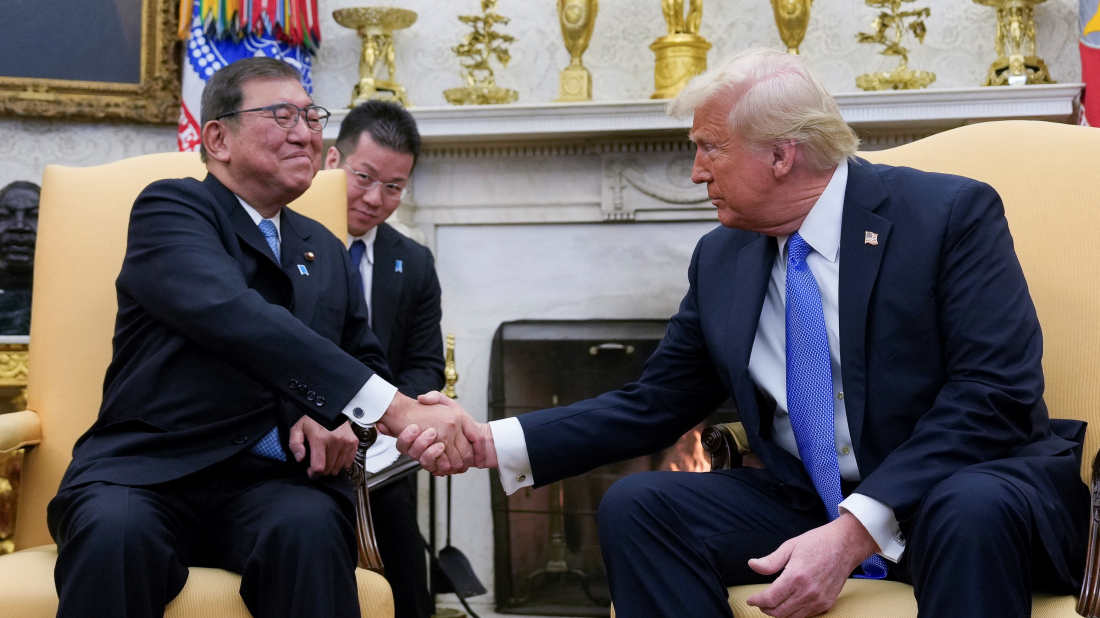
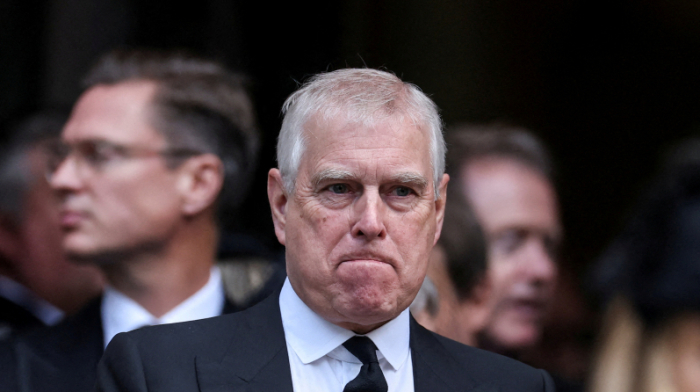
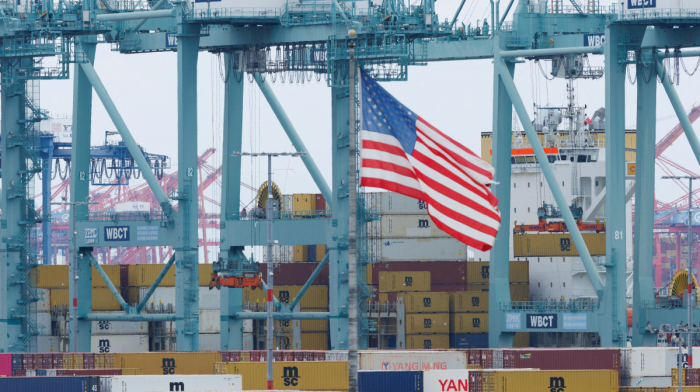
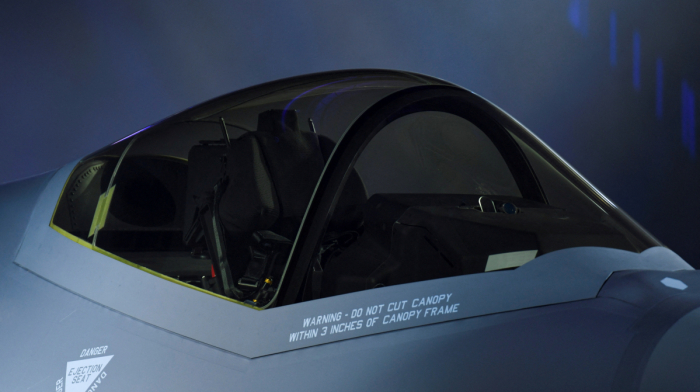

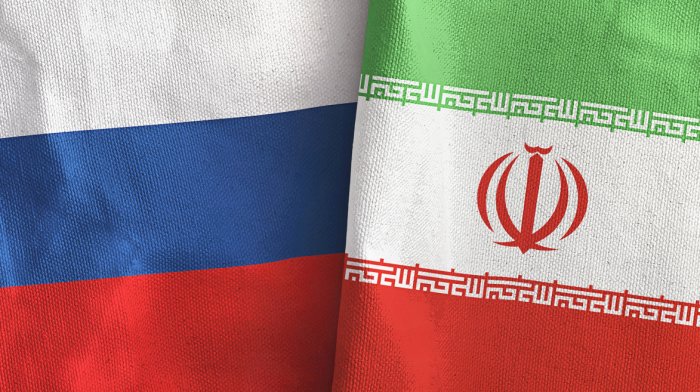


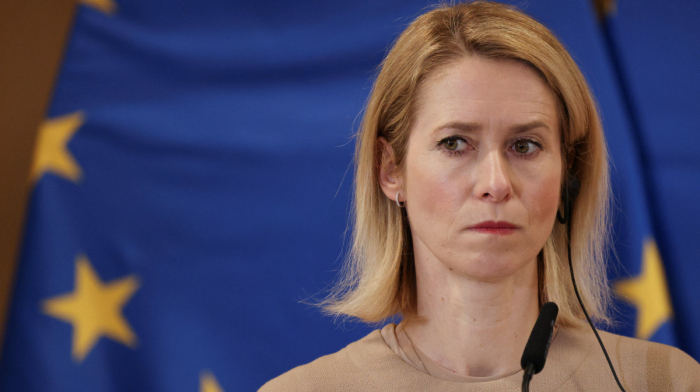


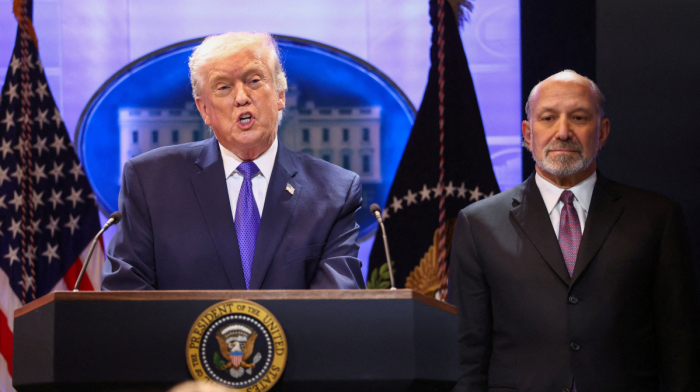

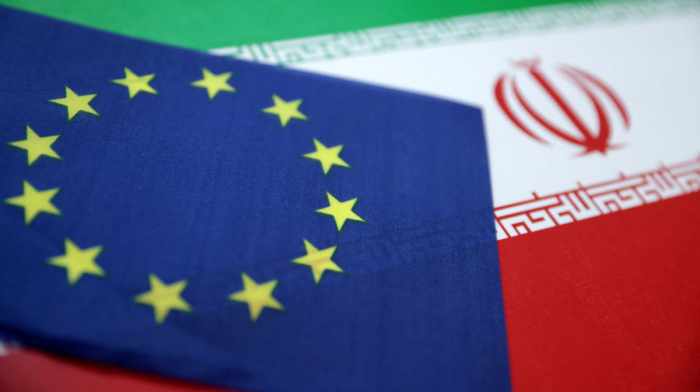

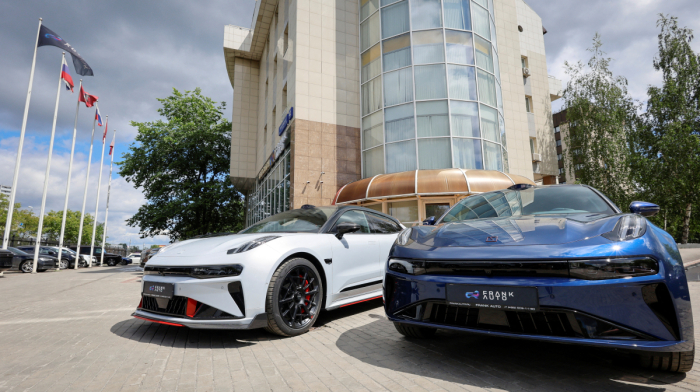
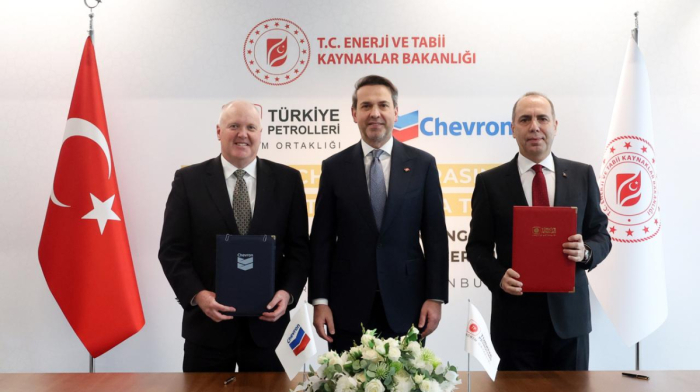
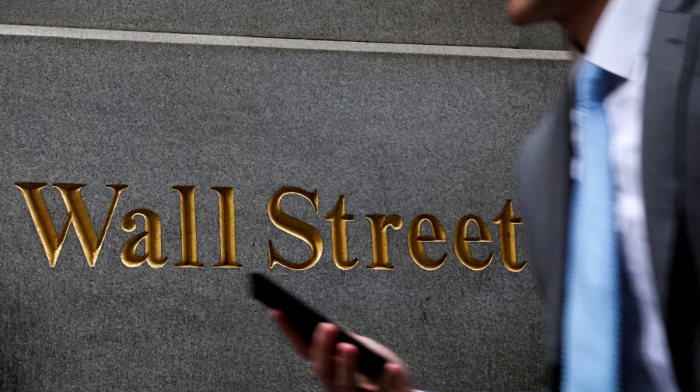
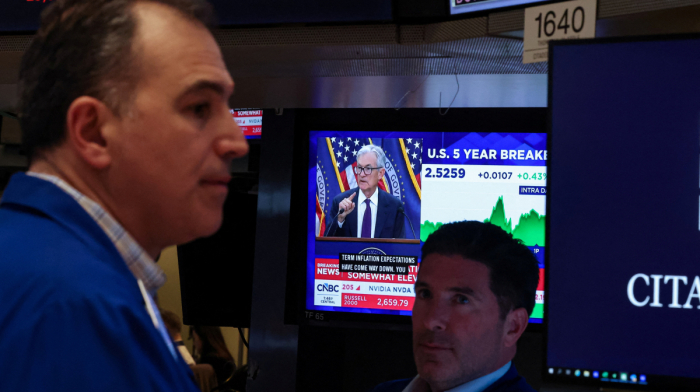



What is your opinion on this topic?
Leave the first comment